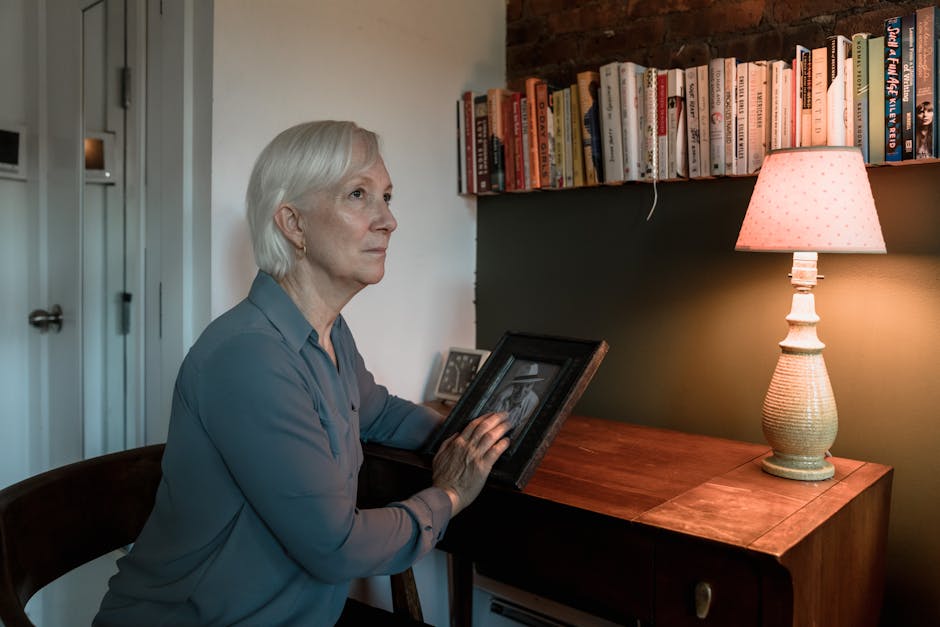Literature, in its multifaceted forms, acts as a potent mirror, reflecting the evolving landscape of societal values, anxieties, and aspirations. Books, poems, plays, and novels, while often presented as imaginative constructs, are intimately connected to the historical context in which they emerge. Their narratives, characters, and themes offer a rich tapestry of insights into the forces shaping a particular time and place. This article delves into the nuanced ways in which storytelling captures, interprets, and, in some instances, even anticipates societal transformations.
A key mechanism through which literature mirrors societal change lies in its portrayal of social structures. Consider the significant shifts in gender roles across the centuries. Early texts often depicted women confined to domestic spheres, their voices and agency muted. As societal expectations around gender roles evolved, literature mirrored this change, showcasing women in positions of power, challenging traditional stereotypes, and advocating for their rights. For example, feminist literature of the 20th century, like Virginia Woolf’s “A Room of One’s Own,” eloquently articulated the constraints faced by women and the need for social reform. These works, by exploring personal narratives and systemic issues, presented a mirror to society, reflecting and, in some cases, catalyzing the social debate about gender equality.
A similar dynamic unfolds when examining the depiction of class structures. Literary works frequently portray the disparities in wealth and privilege within a society. Classic novels, like Charles Dickens’ “Great Expectations,” meticulously capture the stark realities of Victorian-era England’s social stratification, vividly presenting the lives of the impoverished and the privileged. This representation, often imbued with social commentary, serves to illuminate the inequalities of the time and can spark discussions about social justice and economic reform. Contemporary authors similarly exploit literature to critique modern economic systems and societal disparities.
Furthermore, literary narratives illuminate changes in political landscapes. Authors frequently use their works to comment on political power structures and the influence of ideologies. The novels of George Orwell, such as “Nineteen Eighty-Four,” offer a chilling glimpse into totalitarian regimes and the potential for governmental oppression. These works, often employing dystopian or allegorical narratives, address anxieties and fears about unchecked political power, and in doing so, reflect a wider societal unease. Such works act as warnings, as mirrors reflecting the darker potentials inherent within political structures.
Technological advancements consistently reshape the social fabric, and literature often reflects the anxieties and possibilities they introduce. The Industrial Revolution, for instance, prompted literary explorations of urbanization, industrialization, and the evolving relationship between humans and machines. Authors grappled with the rapid social transformations, the creation of new social classes, and the emerging challenges of an industrialized world. Works like those of Jack London, dealing with the harsh realities of mining and industrial societies, or those of H.G. Wells, anticipating the dangers of new technologies, provide powerful examples of this dynamic interplay. Contemporary literature continues this trend, focusing on the effects of digital media, artificial intelligence, and globalization, creating narratives grappling with the ethical implications of technological advancements.
Cultural shifts, too, find expression in literary works. The rise of new cultural movements or the impact of migration patterns invariably leave their mark on literature. For example, postcolonial literature often explores the psychological and social consequences of colonization and the struggle for self-determination, offering unique perspectives on societal upheavals. Diverse voices gain prominence within literature as societies become more multicultural, reflecting this evolution through the portrayal of diverse experiences and perspectives. Authors of migrant backgrounds, or those from formerly marginalized communities, present fresh viewpoints and narratives that reflect and redefine societal understanding.
Moreover, the very language used in literature reflects evolving societal values. The language of a particular era speaks to its concerns. The poetic language and stylistic choices of a particular period offer a distinctive window into the prevailing aesthetic values, cultural sensibilities, and linguistic norms of that time. By analyzing this linguistic evolution, we gain a deeper understanding of how societies reimagine and redefine themselves through language.
In conclusion, literature is not merely an artistic endeavor; it is a powerful lens through which to understand societal change. From the depiction of social structures to the exploration of political landscapes, from reflecting cultural shifts to capturing the impact of technological advancements, the written word serves as a mirror, reflecting and interpreting the changing world around it. By closely examining literary narratives, we can gain valuable insights into the motivations, anxieties, and hopes that define different eras, ultimately enriching our understanding of the human experience itself. The stories we tell, and the stories that are told about us, ultimately shape our collective understanding of ourselves and the world around us.
